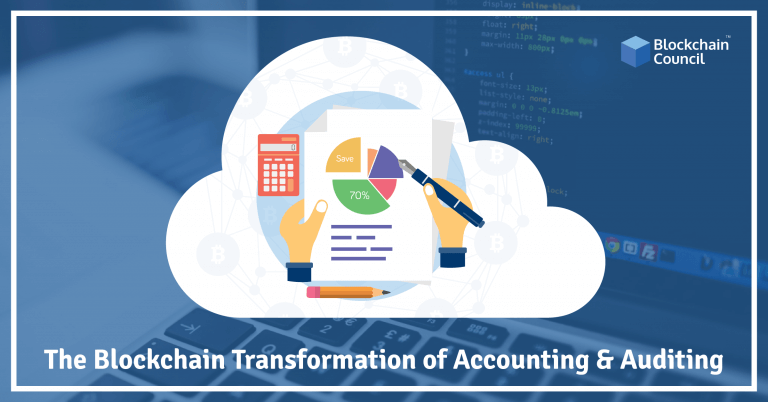
- Toshendra Kumar Sharma
- March 15, 2018
The past few months bear witness to the fact that Blockchains are a revolutionary new technology that has far-reaching implications for almost all spheres of human industry. Highly venerated publications like The Economist have called Blockchains the most critical advancement in record keeping technology since the invention of double entry bookkeeping in Florence, Italy in 1494. It has taken us over 500 years of experimenting to finally come up with Blockchain technology to usher in the next era of accounting and auditing. Let’s take a look a look at what makes Blockchains a good candidate for the next generation of record keeping.
Strengths of Blockchains
It’s important to first understand how Blockchains work before it becomes clear what they can offer to account and auditing. Essentially, Blockchains are just distributed ledgers that run on millions of devices across the world simultaneously. This unique configuration gives Blockchains a number of advantages:
- Immutability – This is one of the biggest advantages of Blockchains, one that has made Bitcoin successful in the past 10 years. Blockchains create permanent, immutable, signed and time-stamped records of information. The information stored can vary anywhere from identity, ownership proof, transactions or contractual commitments.
- Eliminating Middlemen – Blockchains allow two parties to transact directly with each other over the internet, making the process cheaper as third parties do not have to be paid for the exchange. For this reason, Blockchain has been called the “trust protocol” as it helps establish trust on an insecure medium like the internet. This has enormous implications for most businesses as it allows them to conduct their business directly without paying a cut to unnecessary intermediaries saving them money.
- Transparency – Blockchains provide unparalleled transparency in the field of finance as with public blockchains, all of the participants can witness all of the changes being made to the ledger. Blockchains also help us ensure that only people with the pre-requisite authorization can make changes to the ledger.
Evolution of Blockchains for Record Keeping
The first and foremost use case for Blockchain technology was Bitcoin, the words first decentralized digital currency. Bitcoin’s blockchain has been operating for the last 10 years, with billions of dollars worth of Bitcoin exchanged in that time period. No cybercriminals or world governments have been able to hack it for the time being, which speaks volumes about its resistive capabilities. People quickly realized that Blockchains could be used for storing other information as well, like medical records, identity documents, and real estate property deeds. Additionally, with next-generation blockchains like Ethereum, we can also store smart contracts on the blockchain. Smart contracts are nothing but self-executing pieces of code that exist and operate on the blockchain. So for example, one could program a smart contract to automatically make a payment when certain conditions are met.
Smart contracts are already changing the way we conduct business. Earlier, international trade required around ten days to sort all of the transfer of ownership and settling of payments. Now, with blockchain technology combined with the power of smart contracts, the entire process takes under 10 minutes. This is a very powerful advancement that is undoubtedly here to stay.
Applications for Accounting and Auditing
Public blockchains are a great way for all the participants of any given ecosystem to be on the same page. The shared ledger gives users of any ecosystem access to the details of every transaction related to accounting entries. The consensus mechanism employed by Blockchains ensure that the ledger is completely authentic. Additionally, with private blockchains, organizations can tailor user access to the best of their needs. This will allow them to give read-only access to external entities like regulators and auditors. This, in turn, allows the auditors to verify the transactions in real time instead of having to wait several weeks or even months to sort through all of the records. This will make audits more automated and quite continuous. CPAs would no longer need to shuffle through file cabinets for days to look for suspicious transactions as financial irregularities could be uncovered and stopped in real time. This saves a lot of resources in investigating and later enforcing fraud protection.





































































 Guides
Guides News
News Blockchain
Blockchain Cryptocurrency
& Digital Assets
Cryptocurrency
& Digital Assets Web3
Web3 Metaverse & NFTs
Metaverse & NFTs
